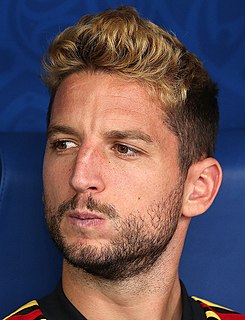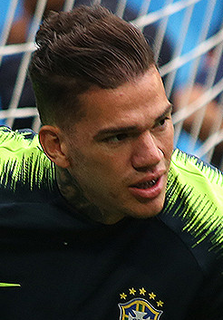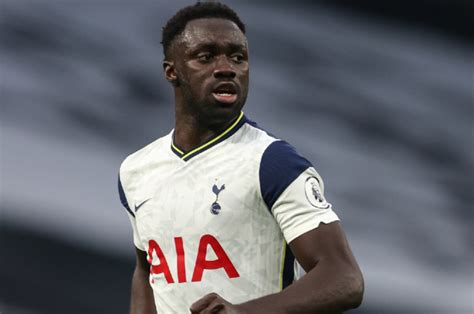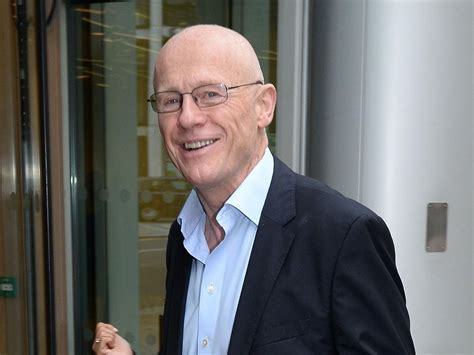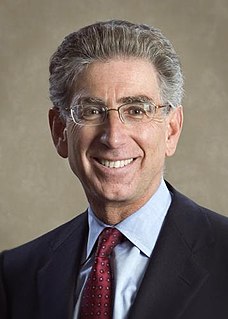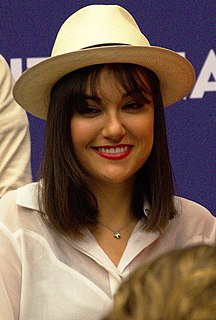A Quote by Dries Mertens
My father drove a bus in Anderlecht and he took me to training every day in Brussels from when I was 11 to 18.
Related Quotes
I think back to the day I drove Michelle and a newborn Malia home from the hospital nearly 11 years ago - crawling along, miles under the speed limit, feeling the weight of my daughter's future resting in my hands. I think about the pledge I made to her that day: that I would give her what I never had - that if I could be anything in life, I would be a good father. I knew that day that my own life wouldn't count for much unless she had every opportunity in hers.
